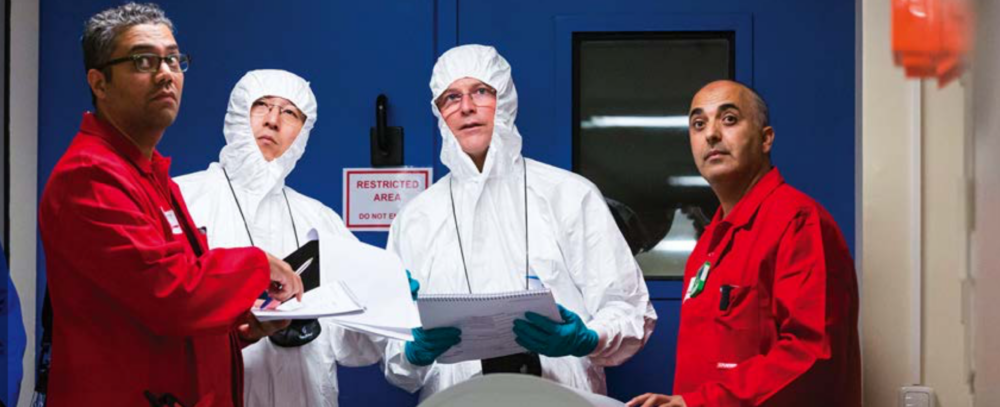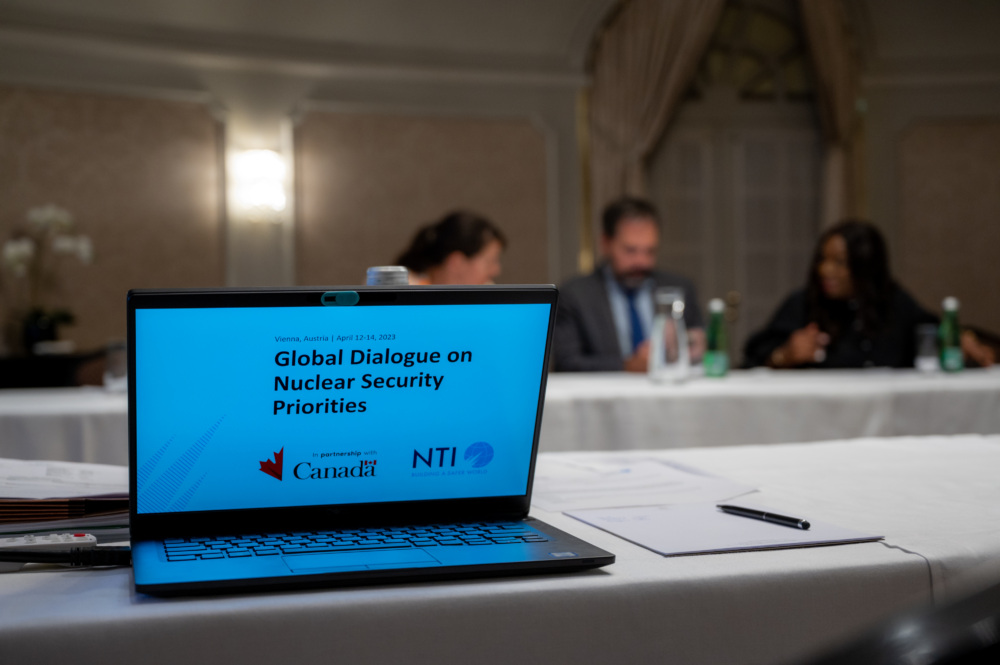The International Partnership for Nuclear Disarmament Verification (IPNDV) has published its Phase II Summary Report: Moving from Paper to Practice in Nuclear Disarmament Verification. The report outlines the work of groups that addressed verification of nuclear weapon declarations, verification of reductions, and technologies for verification.
Phase II, beginning in March 2018 and concluding in December 2019, featured five practical exercises and technology demonstrations that advanced the Partnership’s ability to identify technologies and procedures that could be applied across all stages of the nuclear weapons dismantlement lifecycle. They were:
1. A Nuclear Disarmament Verification (NuDiVe) Exercise, co-hosted by Germany and France, to assess technology options and verification approaches.
2. A tabletop exercise in Utrecht, Netherlands which explored the cross-cutting elements within IPNDV’s 14-step dismantlement framework.
3. A demonstration of high explosives detection methods organized by the Netherlands Organization for Applied Scientific Research (TNO).
4. A technology experiment to investigate methods for verifying the presence and/or absence of Special Nuclear Material, sponsored by the Belgian Nuclear Research Centre.
5. A demonstration of the applicability of muon tomography in identifying the presence or absence of Special Nuclear Materials in a container, organized by the Canadian Nuclear Laboratories.
In addition to the exercises and demonstrations, Phase II explored how to characterize other monitoring and verification considerations such as state declarations and treaty limitations.
The report provides additional information about this work, which ultimately reinforced the findings of Phase I that multilateral verification of nuclear dismantlement is possible, although it will be challenging and will require a tailored application of verification options—tools, policies, and procedures—to prevent disclosure of proliferation-sensitive safety and security as well as external factors unique to a given country’s nuclear weapons enterprise.
Download the report
Developed as a public-private partnership between the U.S. State Department and NTI, the IPNDV is an ongoing initiative that includes more than 25 countries with and without nuclear weapons. Learn more about the partnership at www.ipndv.org.




